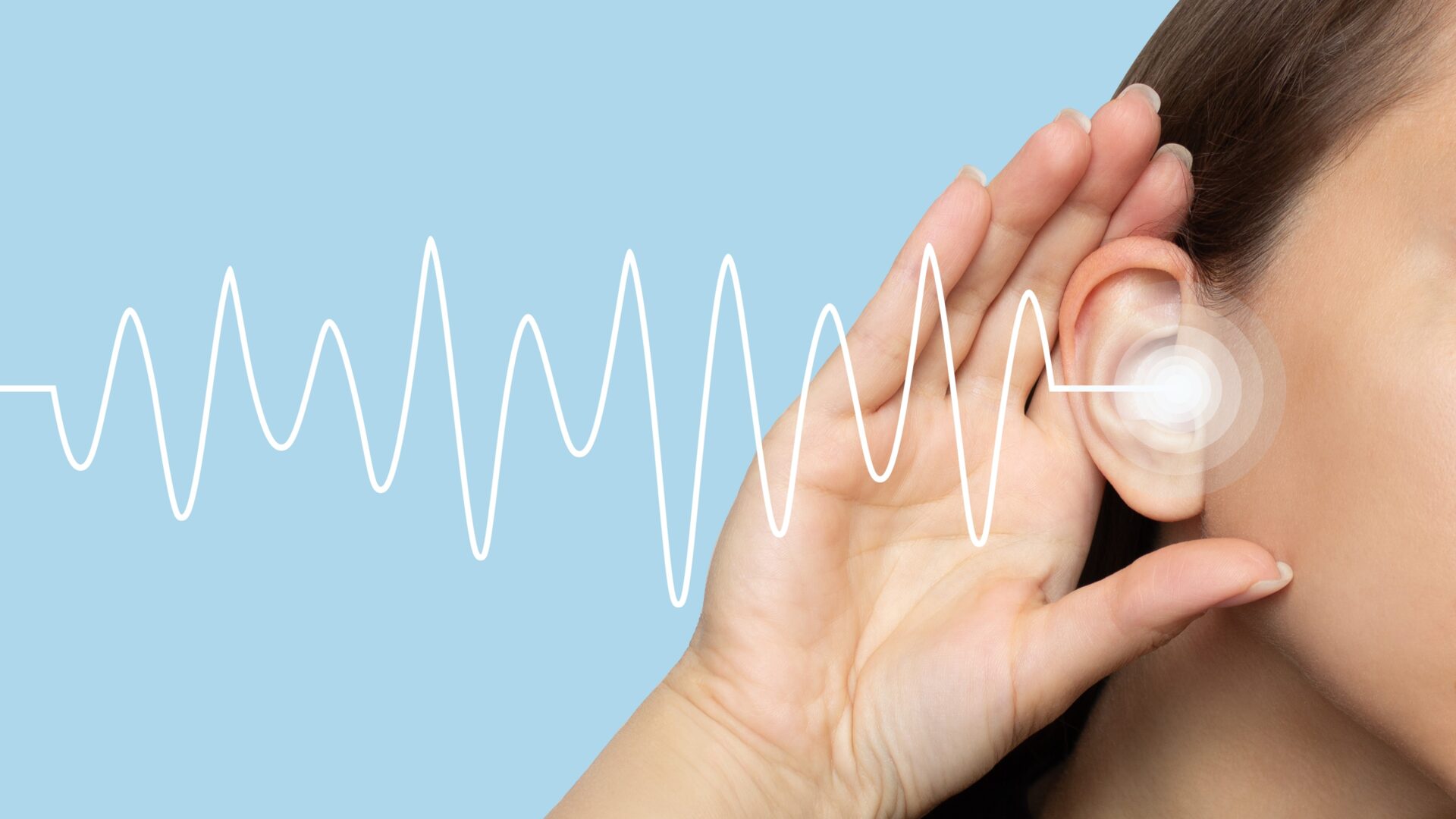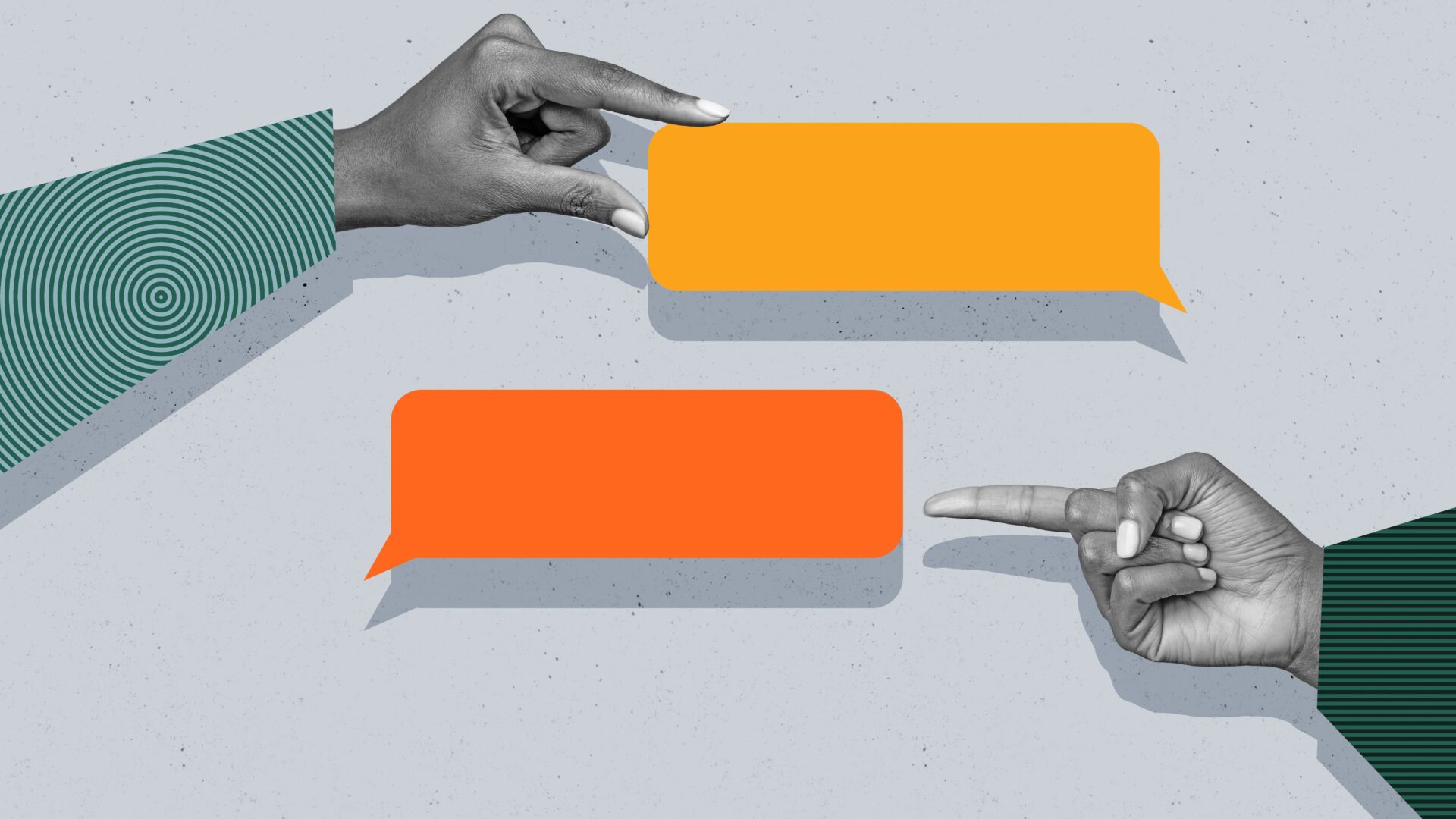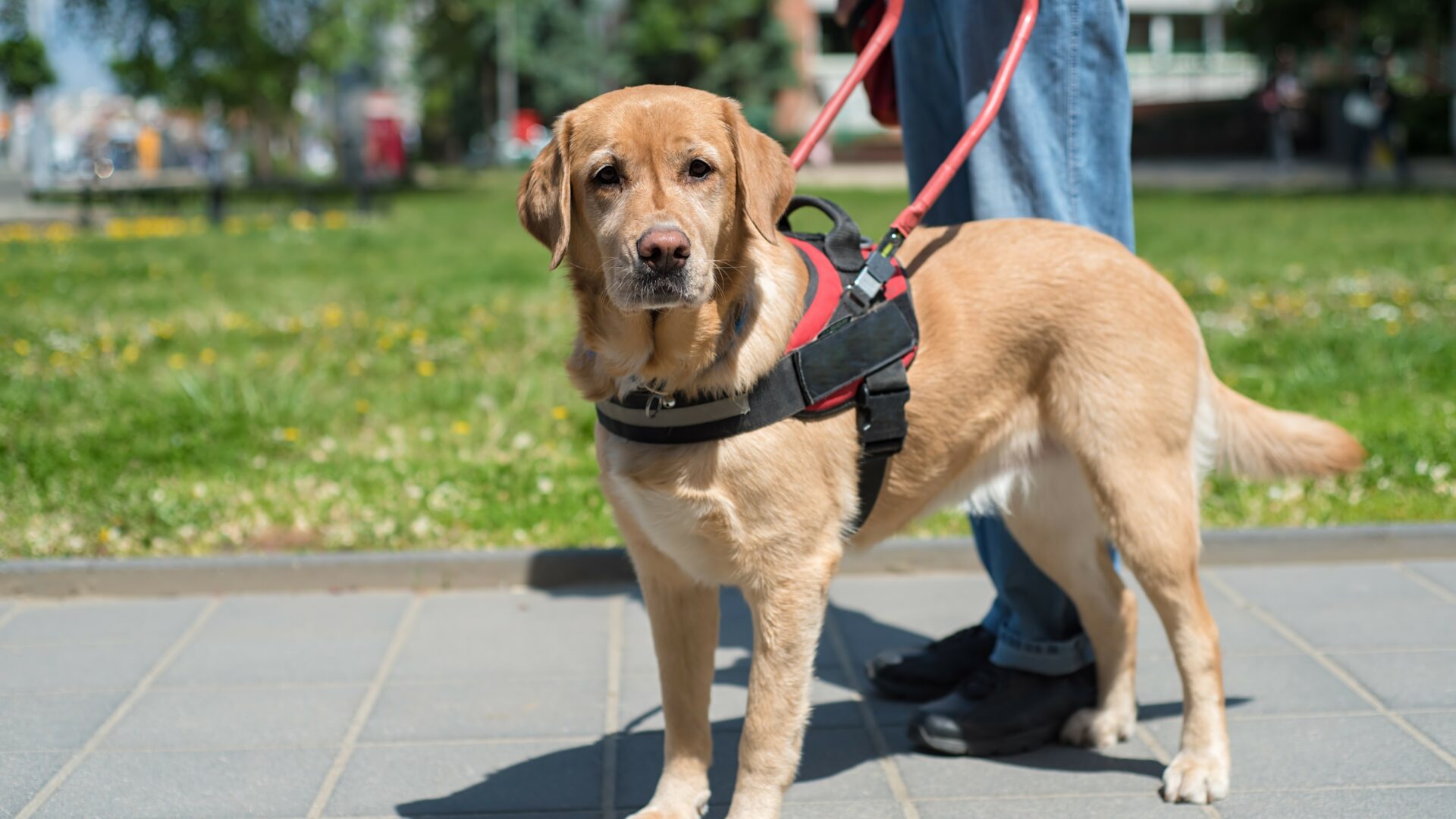By Komal Aggarwal, MSc

My name is Komal Aggarwal. Currently I work as a clinical audiologist at Amity University in Haryana, India. I am a recent postgraduate (MScAudiology) from Manipal Academy of Higher Education in Karnataka, India (2022). I received my bachelor’s degree in audiology and speech-language pathology from Amity University in Haryana, India (2018).
Komal Aggarwal, MSc is a guest blogger for the SAA Blog. Guest bloggers have agreed to adhere to the American Academy of Audiology’s terms of use and the Student Academy of Audiology’s guest blogger agreement prior to writing for the SAA Blog. This blog post represents the opinions of the author and is not representative of the American Academy of Audiology or the Student Academy of Audiology.
Hearing is an important sense for human beings for communication and social engagement. Hearing loss can have an impact on all aspects of life, including education, employment, and social interactions. Social isolation may result from hearing loss and untreated hearing loss may be associated with a lower quality of life (Ciorba et al, 2012).
To help improve quality of life for those with hearing loss, an audiologist may recommend hearing devices to assist individuals with hearing loss, but those devices do not completely remove all challenges related to hearing loss. Further, in this hearing world, individuals fitted with hearing devices may fight a battle to obtain acceptance from society. Poor peer relationships, less acceptance at jobs, and social isolation may torment them lifelong (Shan et al, 2020; Shukla et al, 2020; Terlektsi et al, 2020). Many steps can be taken to help ensure that hearing loss is less isolating and more inclusive.
In the School
Children acquire and establish a significant number of social skills during their time in school. Schools play a critical role in developing the social skills of children. Effective teaching, encouragement of in-class participation, adequate room acoustics, and involvement in recreational activities can decrease the isolation gap. In addition, using communication strategies and installing assistive listening devices can help children with hearing loss learn more effectively (Vaughn et al, 1988).
In the Workplace
The major barriers in the workplace include a lack of opportunities, poor perception of the capabilities of individuals with hearing loss, and discrimination based on disability (Punch et al, 2007). One of the most difficult challenges for individuals with hearing loss is missing out on important conversations. Furthermore, the attitude of colleagues, fear of ignorance, and stereotyping can cause emotional exhaustion, low self-esteem, and a diminished sense of accomplishment (Kaland and Salvatore, 2002). Creating awareness of hearing loss, using microphones during meetings, extending job opportunities to individuals with hearing loss, and providing technical assistance when needed can promote an inclusive workplace.
In Social Life
Social life consists of countless activities, including attending parties, going out to restaurants/shopping complexes, watching movies in theaters, and traveling. Ensuring that these locations are designed to be accessible for individuals with hearing loss can help ensure that they can be included in these activities. Incorporating assistive technologies by providing speech captioning and installing induction loops can ease life for individuals with hearing loss (Hinman et al, 2003). Initiatives such as limiting noise levels for restaurants, malls, concert halls, bus/metro stations, and airports can enhance the quality of life for individuals with hearing loss.
Conclusion
Promoting hearing loss awareness in communities is the first step toward bringing change. Breaking stereotypes, raising positive attitudes, and discouraging prejudice can augment the social involvement of individuals with hearing loss. Small and innovative steps like introducing famous fictional characters, such as superheroes or cartoon characters with hearing loss would gather more attention.
Further, utilizing social media for campaigns, highlighting lived experiences, partnering with influencers/celebrities, and fundraising can be proven as influential and effective ways to develop a safe space where people can come together and find support. The power of social media can amplify the advocating voices and spread awareness across the globe.
References
Ciorba A, Bianchini, C, Pelucchi S, Pastore A. (2012) The impact of hearing loss on the quality of life of elderly adults. Clin Interven Aging.159-163. DOI: 10.2147/CIA.S26059.
Hinman RT, Lupton EC, Leeb SB, Avestruz AT, Gilmore R, Paul D, Peterson N. (2003) Using talking lights illumination-based communication networks to enhance word comprehension by people who are deaf or hard of hearing. Amer J Audiol. https://doi.org/10.1044/1059-0889(2003/005)
Kaland M, Salvatore K. (2002) The psychology of hearing loss. ASHA Leader. 7 (5) https://doi.org/10.1044/leader.FTR1.07052002.4.
Punch R, Hyde,M, Power D. (2007) Career and workplace experiences of Australian
university graduates who are Deaf or hard of hearing. J Deaf Studies Deaf
Ed. 12(4):504-517. DOI: 10.1093/deafed/enm011.
Shan A, Ting JS, Price C, Goman AM, Willink A, Reed NS, Nieman CL. (2020) Hearing loss and employment: a systematic review of the association between hearing loss and employment among adults. J Laryngol Otol. 134(5):387-397. DOI: 10.1017/S0022215120001012.
Shukla A, Harper M, Pedersen E, Goman A, Suen JJ, Price C, Reed NS. (2020) Hearing loss, loneliness, and social isolation: a systematic review. Otolaryngol–Head Neck Surg., 162(5):622-633. DOI: 10.1177/019459982091037.
Terlektsi E, Kreppner J, Mahon M, Worsfold S, Kennedy CR. (2020) Peer relationship experiences of Deaf and hard-of-hearing adolescents. J Deaf Studies Deaf Ed.25(2):153-166. DOI: 10.1093/deafed/enz048.
Vaughn GR.Lightfoot RK., and Teter, D. L. (1988) Assistive listening devices and systems (ALDS) enhance the lifestyles of hearing-impaired persons. Amer J Otol. 9:101-106.
Related Posts
Balancing Vulnerability and Professionalism: Learning from Audiology Students with Hearing Loss
By Nicole Genser For audiology students with hearing loss, the path to becoming a clinician is both uniquely challenging and deeply rewarding. As they navigate the demanding environment of graduate school, these students often find themselves balancing personal vulnerability with professional growth. Disclosing their hearing loss, requesting accommodations, and connecting with patients can be powerful…
Insights from A Fireside Chat with Audiology Students and Professionals with Hearing Loss
On January 15, 2025, the Students with Hearing Loss Subcommittee of the Student Academy of Audiology (SAA) hosted a Fireside Chat featuring a panel of students and professionals with hearing loss. The student panelists included Mindee Anderson, Nicole Genser, and Natalia Matteo. The professionals were Sarah Sparks, AuD, and Michelle Hu, AuD. With over 60…
Support Beyond the Office: What We Can Do For Those Who Use Service Animals
By Bailey Harmon Part of my journey to audiology began with training mobility service dogs. Before that, I was a music performance major with a subtle draw to healthcare without knowing which direction to take it. Training service dogs solidified my passion for healthcare and inspired me to combine my love for music with my…




